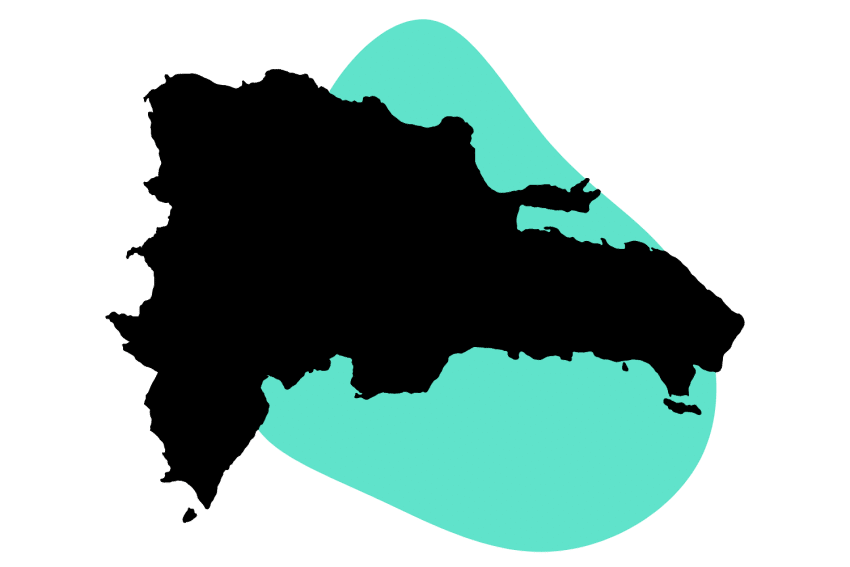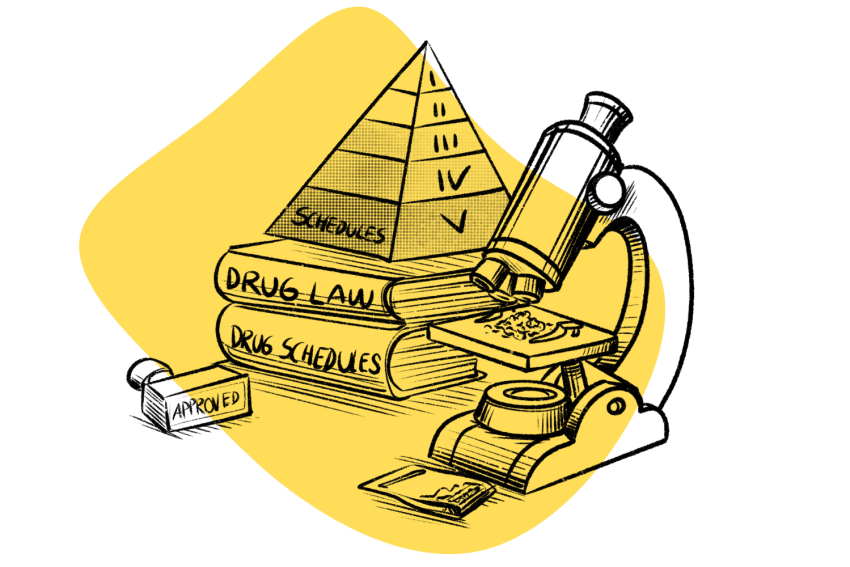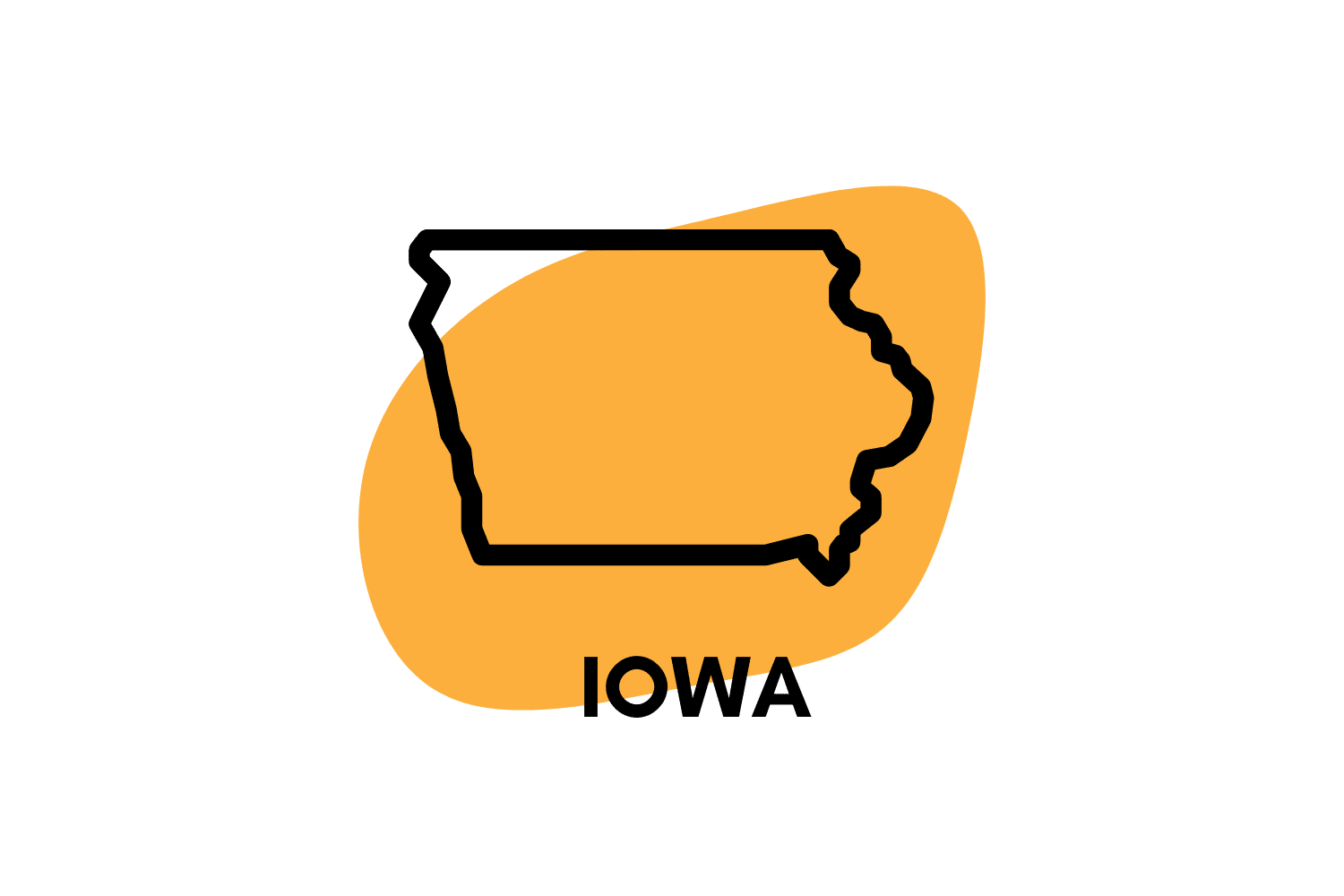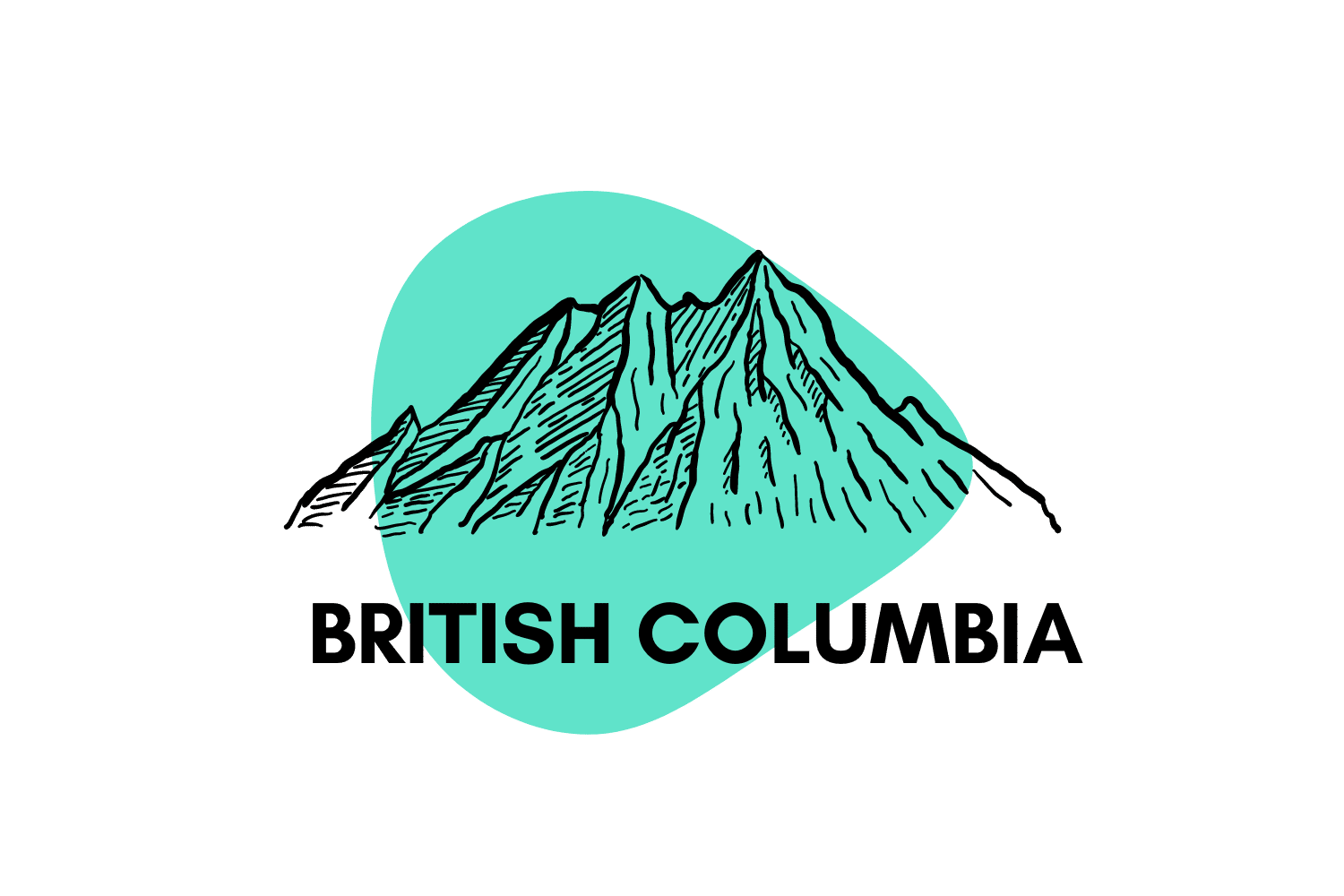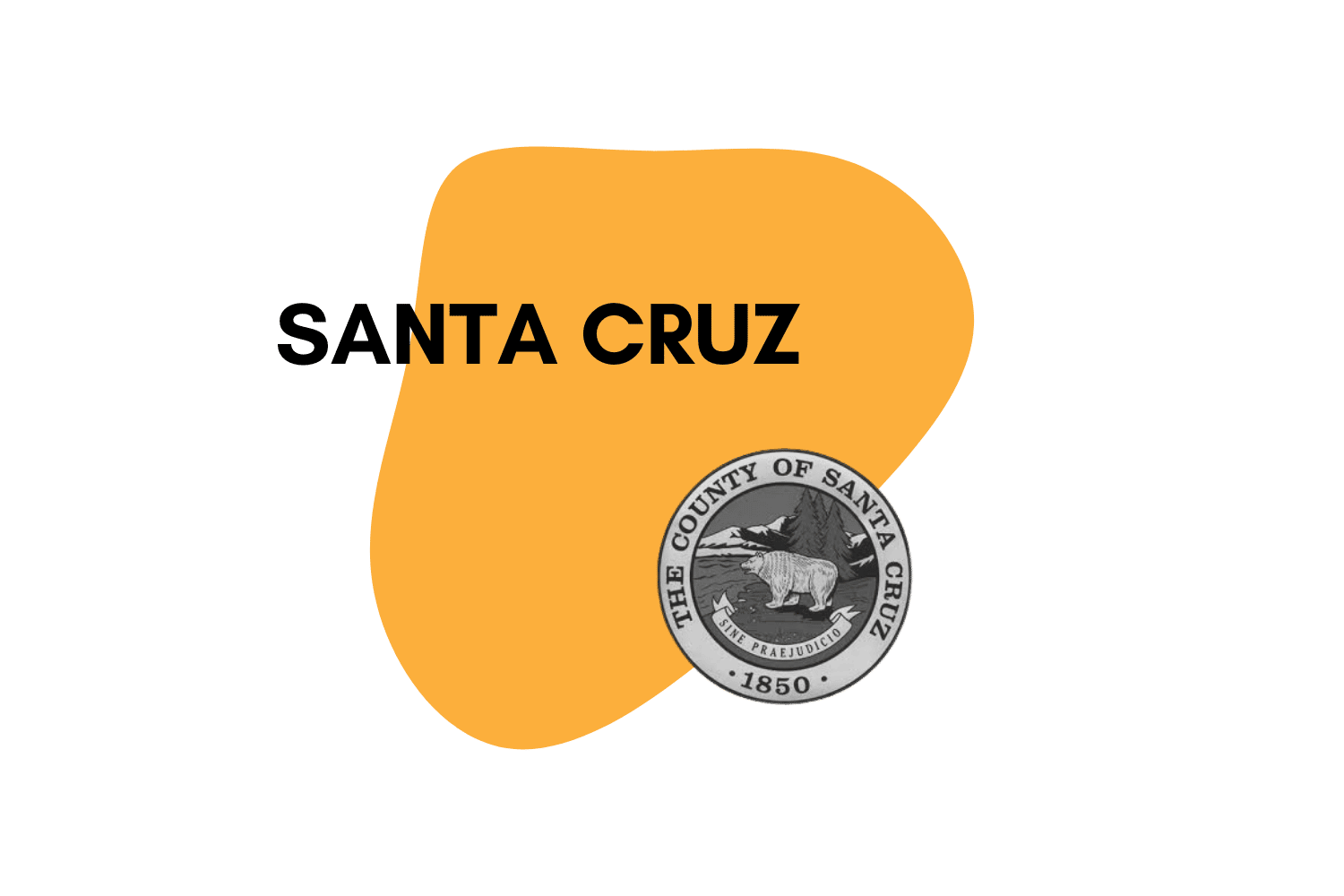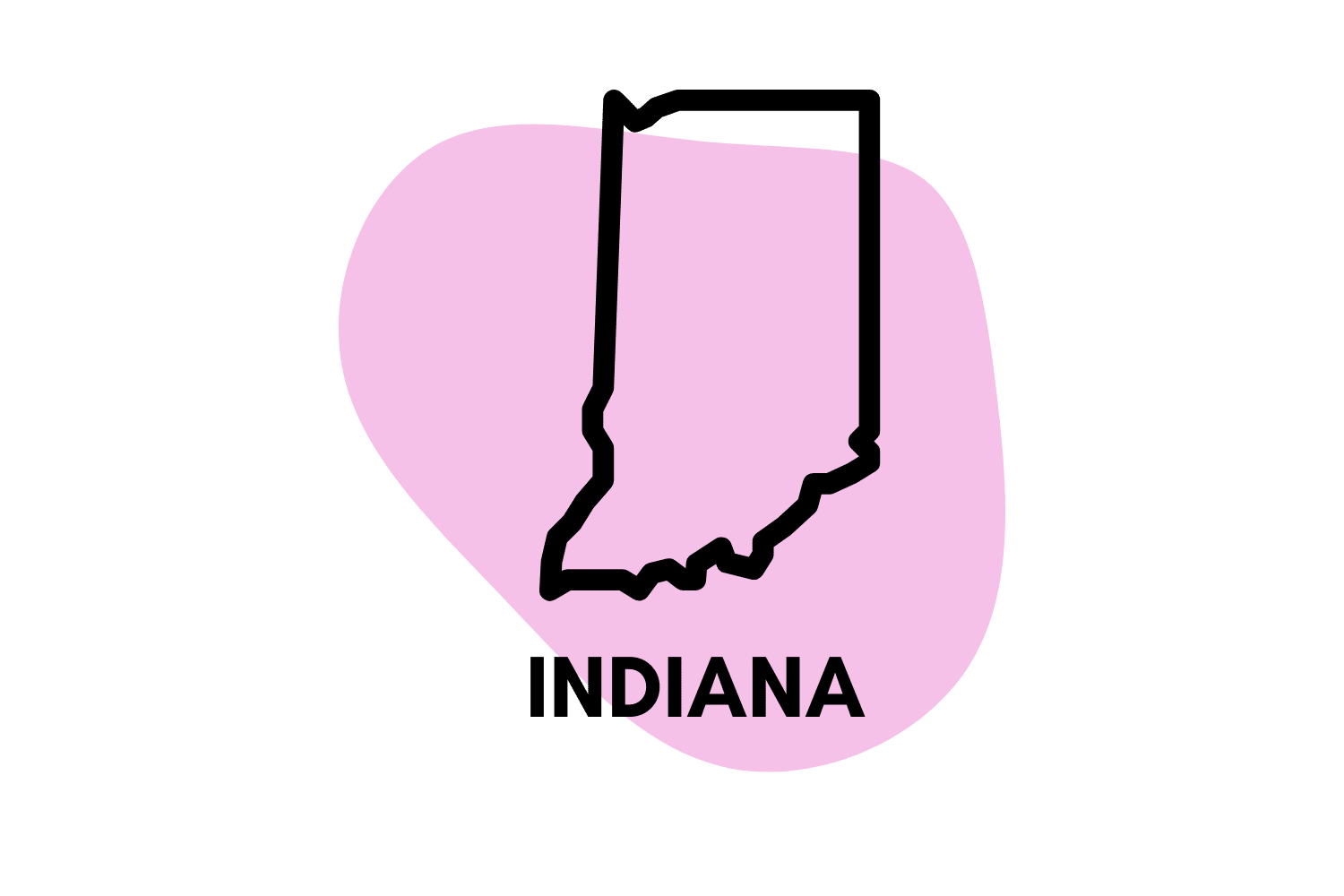North Carolina’s Psychedelic Laws Stand Firm
No big changes are in store for 2023, and it’s not looking great for 2024, either.
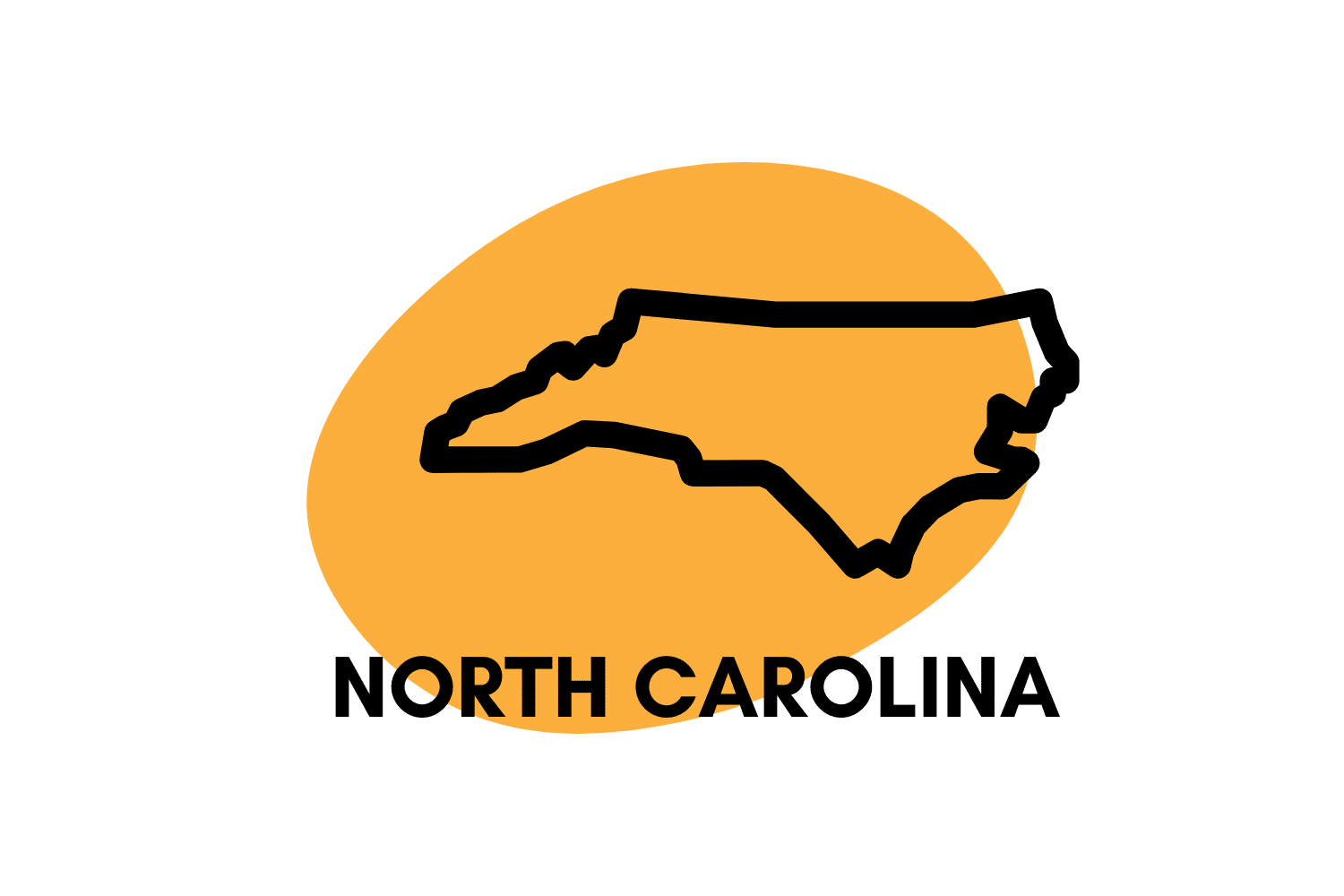
Magic mushrooms can be found growing all over the state of North Carolina. Despite how common they are and current evidence supporting a variety of impressive health benefits, magic mushrooms are illegal here.
Learn how North Carolina regulates psychedelics and how these laws are likely to evolve over the next 2–5 years.
We’ll cover the current laws for magic mushrooms, LSD, DMT, ketamine, MDMA, and more.
Are Magic Mushrooms Legal in North Carolina?
In North Carolina, psilocybin is classified as a Schedule I controlled substance under NC Gen. Stat. §90-89(3). Possessing magic mushrooms is considered a Class I felony, which means the penalties can range from 6 months to 5 years in prison.
Trafficking, on the other hand, is considered a more severe felony for which you can be sentenced to up to 10 years in prison.
Surprisingly, magic mushroom spores are legal in North Carolina, as they contain none of the psilocybin or psilocin that makes magic mushrooms illegal.
However, as soon as the spores are germinated, they become illegal once again.
Related: How to Grow Magic Mushrooms The Easy Way.
Map of Magic Mushroom Laws In the USA
Do Magic Mushrooms Grow Wild in North Carolina?
Various species of magic mushrooms grow naturally in the United States, including the state of North Carolina.
Many people are surprised to hear that the humid, sub-tropical climate of North Carolina offers the perfect environmental conditions for several species of psilocybin-containing mushrooms.
You’ll find magic mushrooms abundantly in the spring and fall seasons around forested regions and near cattle farms. You can also find them around gardens and parks — especially in places that use manure or woodchips as mulch/fertilizer.
The most common psychedelic mushroom species in North Carolina are:
- Panaeolus cinctulus
- Psilocybe cubensis
- Psilocybe caerulipes
- Psilocybe caerulescens
- Psilocybe ovoideocystidiata
- Gymnopilus aeruginosus
- Gymnopilus junonius group
- Gymnopilus luteofolius
What Are the Medicinal Uses of Shrooms?
In recent years, a lot of therapeutic benefits of magic mushrooms have been discovered. This gave birth to strong support for the legalization of psilocybin in North America and Europe.
Psilocybin can cover a broad spectrum of medicinal applications, treating conditions that range from cluster headaches to post-traumatic stress disorder (PTSD).
A recent study published by researchers at Johns Hopkins found that magic mushrooms offered direct improvement in the treatment of depression.
Similar studies have shown that psilocybin may alleviate existential anxiety that often accompanies terminal illnesses.
Furthermore, magic mushrooms and other psychedelics have been shown to improve problem-solving skills and boost creativity.
Is LSD Legal in North Carolina?
LSD (lysergic acid diethylamide) is illegal in North Carolina.
Like psilocybin, LSD is classified as a Schedule I controlled substance, which means that penalties are similar. Possessing between 100 and 500 doses of LSD is considered a Class G felony, which means you can spend up to 42 months in prison and receive fines of up to $25,000.
We’ll unlikely see LSD legalized or decriminalized in the next 12 months. However, there’s mounting evidence to support both the high level of safety and therapeutic value of LSD, which could lead to changes in the legal status sometime in the next couple of years.
Is MDMA Legal in North Carolina?
No. MDMA, better known as ecstasy, is classified as a Schedule I controlled substance and is currently prohibited in the state of North Carolina.
MDMA could become legal for therapeutic use soon. The FDA is currently reviewing a protocol submitted by MAPS for the use of MDMA in the treatment of PTSD in a clinical setting.
Personal amounts of MDMA or related amphetamines rarely lead to jail sentences, but offenders could get stuck with a hefty fine.
Possessing more than one hundred capsules of MDMA is considered trafficking and can be punishable by up to 51 months in prison and a minimum fine of $25,000.
Is Ketamine Legal in North Carolina?
Unlike the psychedelics mentioned above, ketamine is classified as a Schedule III controlled substance.
Recreational use is prohibited, but approved clinicians can use ketamine as a treatment for depression, PTSD, and anesthesia.
If the police catch you with small amounts of ketamine, you can receive up to 45 days in jail. But if caught with large quantities, they can charge you for trafficking — which carries up to 5 years in prison.
What’s the Difference Between Legalization & Decriminalization?
Confusing legalization with decriminalization is a common mistake, but it’s important to understand the difference.
When a crime is decriminalized, its penalties are considerably reduced. This doesn’t make the substance legal; it merely removes mandatory criminal charges for offenders. Decriminalization is used to reduce the load on the justice system for compounds or activities deemed to be a low risk to society.
Legalization is the complete elimination of criminal charges and an opening up of the commercialization of a substance or activity. When something is legalized, there may still be limitations and restrictions in place — such as the quantity one person is allowed to buy or possess and age limits for potential customers.
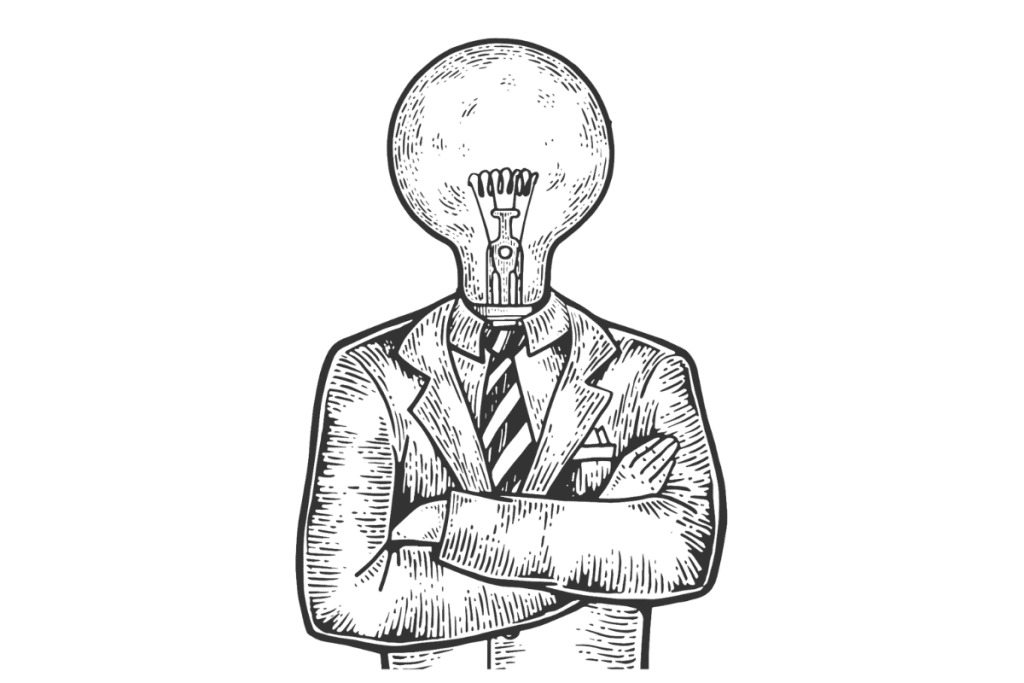
Key Takeaways: What’s the Future of Psychedelics in North Carolina?
North Carolina is not the most progressive state regarding drug laws. It’s unlikely North Carolina regulators will move to decriminalize or legalize psychedelics in the near future.
What’s more likely to happen is a federal change in the way certain compounds are regulated (such as MDMA, psilocybin, and ketamine).
This would have a top-down effect on the way these substances are regulated in the state of North Carolina.

